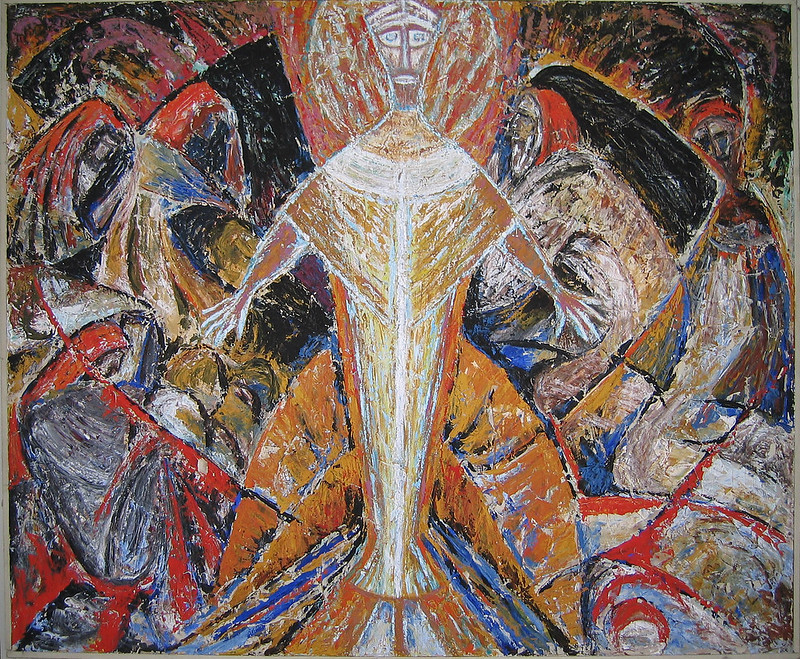Jesus Is What God Has To Say
>
Jesus Is What God Has To Say
Brian Zahnd
One of the most mysterious aspects of the Transfiguration is the appearance of Moses and Elijah — these two giant figures from the Old Testament — conversing with a glorified Christ. Of course Moses the Lawgiver and Elijah the Prophet are representative figures signifying the Law and the Prophets. On Mount Tabor, Moses and Elijah are summoned from the Old Testament past to give their final witness.
The goal of the Law and the Prophets was to produce a just and worshipping society. Jesus and his kingdom is where that project finds its fulfillment. The new society formed around Jesus was what the Law and the Prophets were aiming for all along. The Transfiguration is where Moses and Elijah find their great successor. The Transfiguration is where the Old Testament hands the project of redemption over to Jesus. The Transfiguration is where the old witness (testament) yields to the new witness (testament.)
But initially Peter misinterpreted what the presence of Moses and Elijah meant.
Peter’s first impulse was to build three memorial tabernacles on Tabor, treating Moses, Elijah, and Jesus as approximate equals.
But Peter’s idea received a strong rebuke when the voice from heaven said, “This is my beloved Son, listen to him!”
Jesus is the true and living Word of God. Jesus is what the Law and Prophets point toward and bow to. Jesus is what the Old Testament was trying to say, but could never fully articulate. Jesus is the perfect Word of God in the form of a human life. God couldn’t say all he wanted to say in the form of a book, so he said it in the form of Jesus. Jesus is what God has to say!
Read more